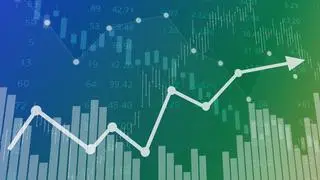I am a small investor. How do I invest in commodities?
Vivek Dandapat
For a beginner in the commodities market, the first job is to select a broker. There are traditional brokers such as Kotak Securities that offers both online and offline services. In this case, you can trade either by placing an order through telephone to the dealer or by yourself using the trading platform provided by them. You will also get research reports and investment suggestions, for a charge. There are online brokers, such as Zerodha who will provide you with only an online trading platform at a discounted rate but no other advisory services. .
Post-selection of the broker, you need to open a demat account which the broker will usually help. You will have to provide PAN, bank account details and address proof as part of KYC norms.
Based on what commodity you want to trade in, you will have to pay the initial margin that will be about 5-10 per cent (minimum) of the contract value. The contract value is the lot size multiplied by the market price. The margin amount would vary with the number of lots — the larger your lot, the higher the margin. For a small investor, trading in smaller lots would be ideal. For instance, one lot of gold guinea, which is 8 gm, costs ₹22,756 now. The investor has to pay an initial margin of 4 per cent on this contract, which comes to ₹910. The exchange may charge additional margins if price volatility increases. The information and contract specifications of a commodity are available online in the website of commodity exchanges.
In India, much of the action in the commodities derivative market happens in two exchanges — Multi Commodity Exchange of India (MCX) and National Commodity & Derivatives Exchange (NCDEX).
While in MCX, it is largely bullion and energy metals that see volume, in NCDEX, it is the agri commodities.







Comments
Comments have to be in English, and in full sentences. They cannot be abusive or personal. Please abide by our community guidelines for posting your comments.
We have migrated to a new commenting platform. If you are already a registered user of TheHindu Businessline and logged in, you may continue to engage with our articles. If you do not have an account please register and login to post comments. Users can access their older comments by logging into their accounts on Vuukle.